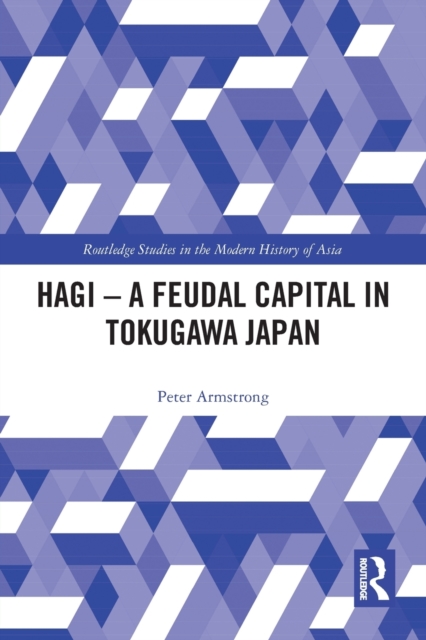
Hagi - A Feudal Capital in Tokugawa Japan Paperback / softback
by Peter Armstrong
Part of the Routledge Studies in the Modern History of Asia series
Paperback / softback
Description
The western Japanese city of Hagi is the town in Japan which has preserved the greatest level of Tokugawa period (1600-1868) urban and architectural fabric.
As such it is a major tourist destination for both Japanese and non-Japanese visitors.
The city is also very important historically in that it was the capital of the feudal daimyo domain – ChÅshÅ« – which spearheaded the reform movement from the 1850s onwards which led to the overthrow of the Tokugawa shogunate and the foundation of Japan in its modern form.
This book, rich in detail and very well illustrated, is both an urban and social history of this important town.
It outlines the development of the layout of the city and its castle, relates this to the history of its lords, the MÅri family, and their place in Japanese history; and sets Hagi in the context of the wider ChÅshÅ« domain.
The book includes a discussion of contemporary arrangements aimed at preserving Hagi’s historical heritage.
Information
-
Available to Order - This title is available to order, with delivery expected within 2 weeks
- Format:Paperback / softback
- Pages:216 pages
- Publisher:Taylor & Francis Ltd
- Publication Date:18/12/2020
- Category:
- ISBN:9780367728342
Other Formats
- Hardback from £130.00
- EPUB from £31.58
- PDF from £31.58
Information
-
Available to Order - This title is available to order, with delivery expected within 2 weeks
- Format:Paperback / softback
- Pages:216 pages
- Publisher:Taylor & Francis Ltd
- Publication Date:18/12/2020
- Category:
- ISBN:9780367728342










